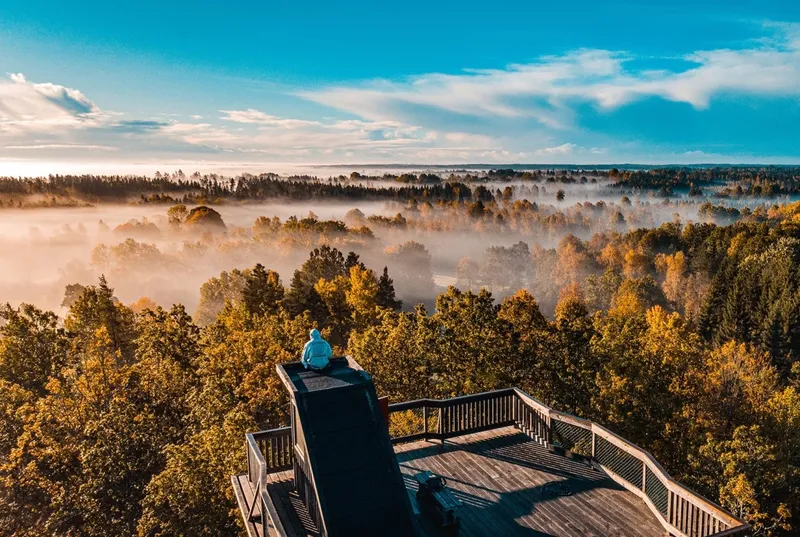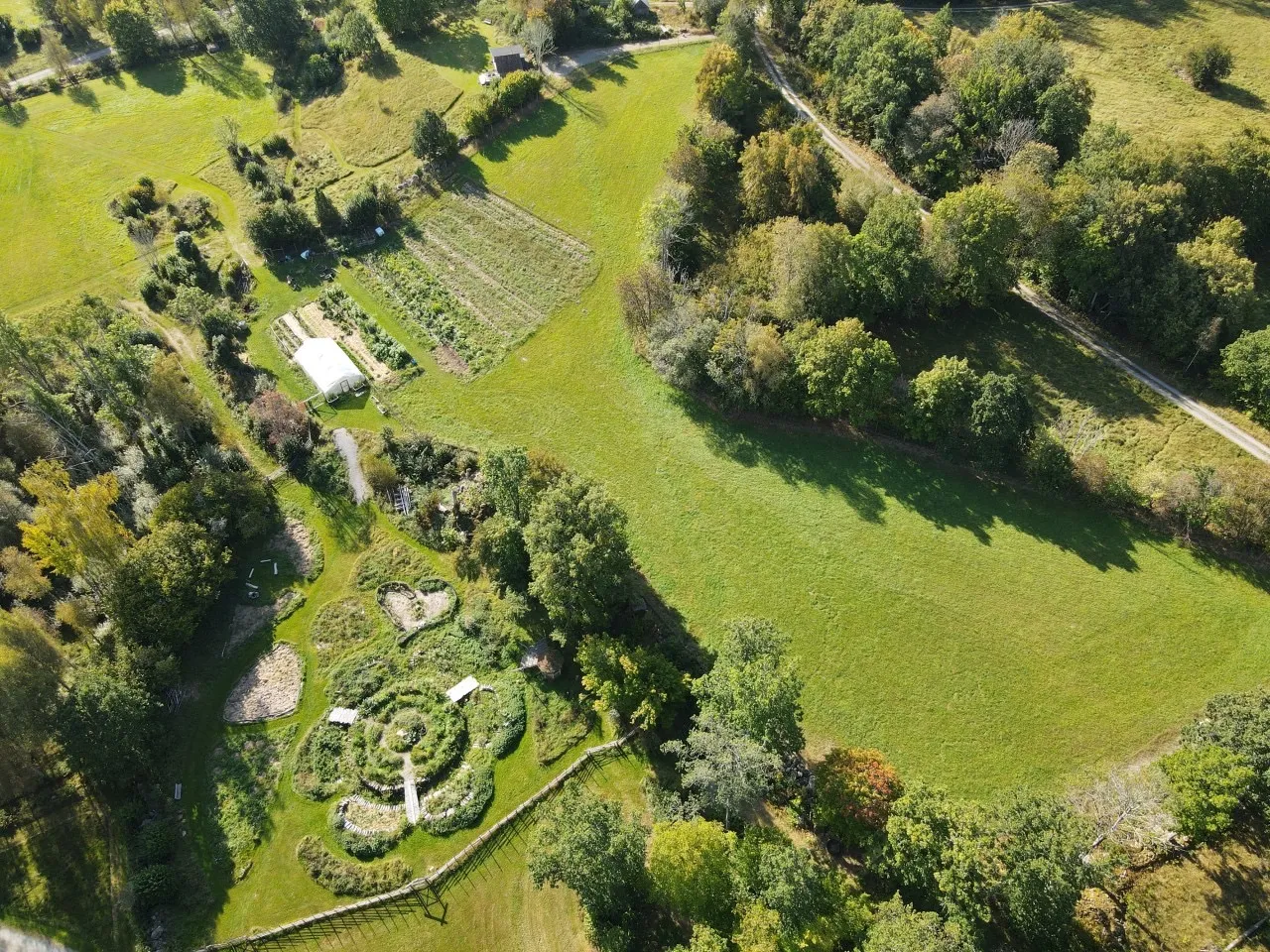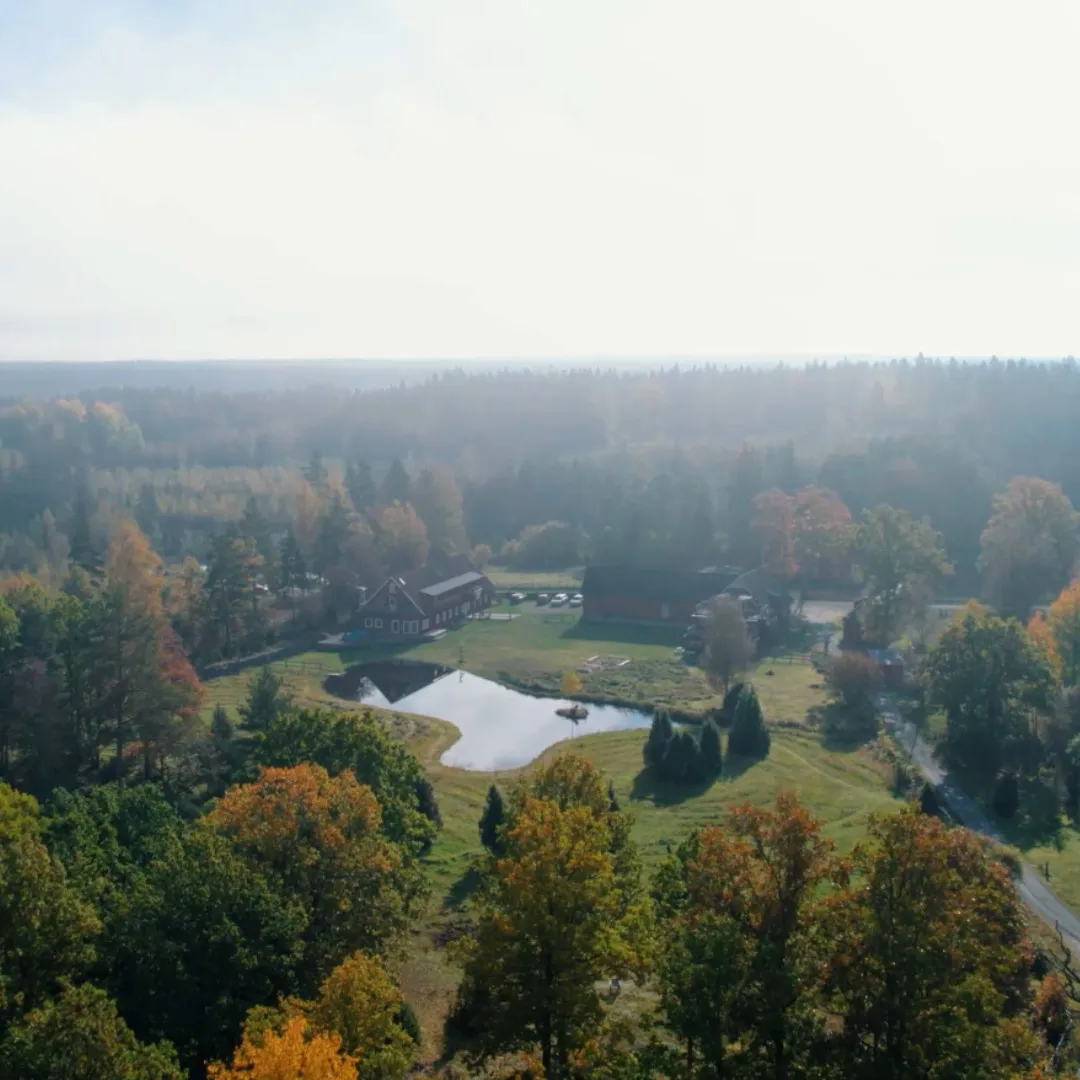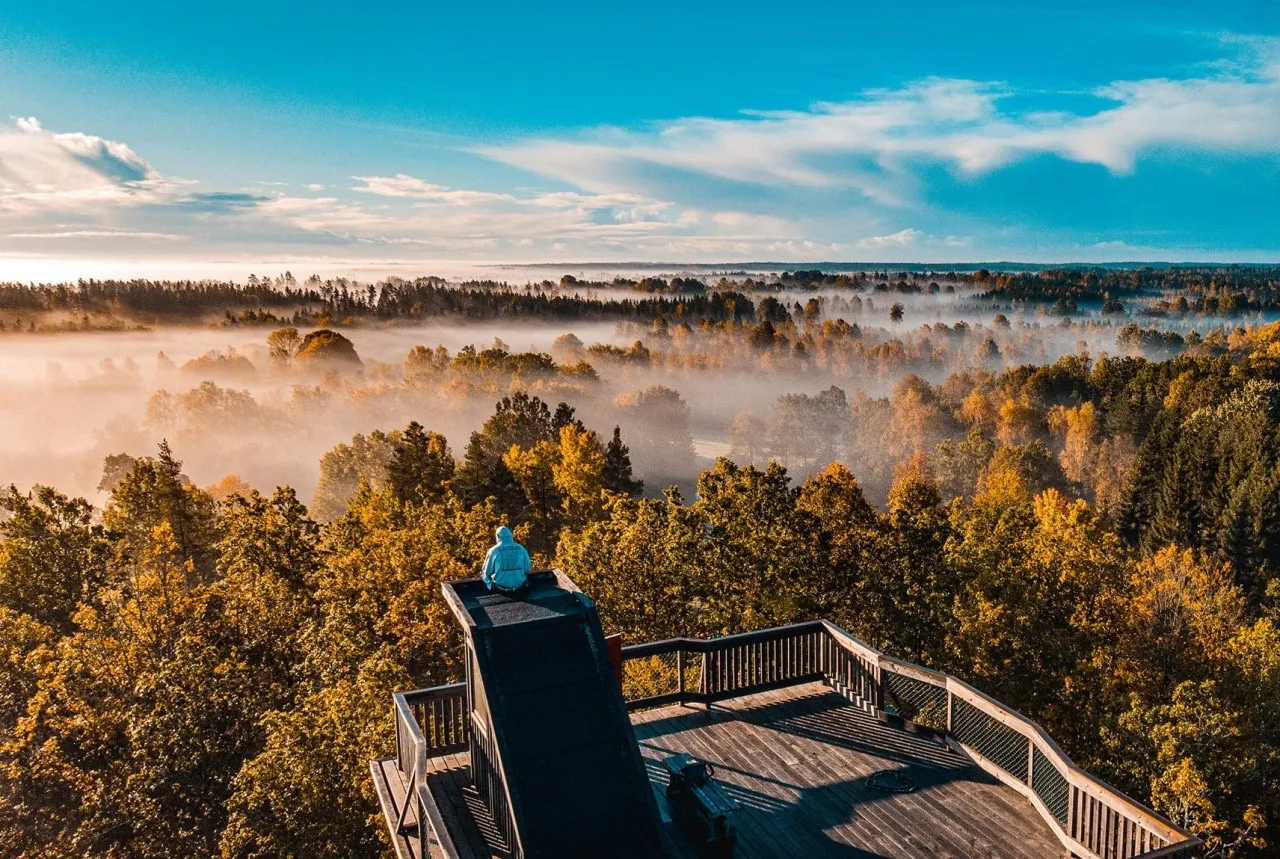Mundekulla: A Living Prototype For Regenerative Enterprise


On 75 hectares of forests, farmland, wetlands, and water systems sits Mundekulla — an EcoLodge and Conference Centre now evolving into a global hub for dialogue on sustainability and systems change.

Mundekulla is part of the vision of Bluerain Partners, a Swiss single family office founded and chaired by Martin Studer. As General Partner, Studer and his team have built Bluerain around a clear mandate: to contribute to regenerative ventures across three interconnected arenas — ecosystem resilience, wellbeing & lifespan productivity, and technology & societal transformation.
Acquiring Mundekulla was more than a real estate decision. It is being developed as a living prototype for what happens when nature is treated as an asset — not as an externality to be compensated for, nor a liability to be managed away. Here, business models are tested that regenerate nature, people, organisations, and society alike. Studer explains: “Our approach is not compliance-driven, but coherence-driven. We want to demonstrate that enterprises can be both profitable and restorative — that risk, reinvestment, and reserves can be built while ecosystems are valued at their true replacement cost. Mundekulla is where we put this conviction into practice.”
Rethinking Business Success
For decades, the benchmarks of business success have been short-term: revenue, quarterly profit, market share. Martin Studer asks a different question: what if value were measured not only by what a company earns, but by what it restores — to ecosystems, to people, and to society?
“We have spent decades optimising for speed and efficiency,” Studer reflects. “But natural and economic systems are not infinitely resilient. Deplete them, and you undermine the very foundation of prosperity.”

At Mundekulla, this principle is put into practice. The project does not stop at preserving forests and wetlands — it regenerates them. Fields, trees, and water systems are designed to interact as one coherent landscape, storing carbon, enhancing biodiversity, and supporting agriculture in ways that strengthen long-term resilience. At the same time, the estate creates jobs, hosts training programs, and supports start-up ventures and retreats that foster creativity, wellbeing, and entrepreneurship.
Bluerain Partners operates at the intersection of capital, science, and strategy. Its mandate: to build ventures that deliver financial returns while generating measurable ecological and social impact.
“Investors want security,” Studer explains, “but they also want purpose. We show that it is possible — and necessary — to have both.”
At Mundekulla, this vision takes shape through concrete initiatives:
“For too long, business and environmental protection were framed as opposites,” Studer says. “Today, they are inseparable. Strengthen nature, and strengthen the economy that depends on it.”
Question: Many companies claim to pursue sustainability. How is your approach different?
Martin Studer: „For us, it begins with a simple distinction: every decision, every investment, every supply chain choice can either regenerate or degrade. Our role is to make regeneration the natural choice — not through statements, but by testing real business models in practice. Mundekulla is one of those living prototypes. It is still early, but the intention is clear: regeneration leads, and compliance follows.”
Question: That sounds complex. How do you measure success?
Martin Studer: “We target traditional financial metrics with ecological and social indicators. Some are straightforward — biodiversity counts, soil and water quality, CO₂ capture. Others are about the human and local dimension — learning opportunities, entrepreneurship, wellbeing. We are still developing and testing which KPIs are most robust, but the principle is simple: financial strength is only credible if ecological and social systems are also healthy.”
Question: Do you face resistance?
Martin Studer:“Of course. Real transformation is never easy. It takes time, especially when cultural traditions are at stake. In Sweden, for example, forestry is more than an industry — it is part of national identity. Shifting practices here cannot be imposed; it requires subtle moves and collaboration with those who have lived and worked in these landscapes for generations. And whenever a new direction is set, not everyone will choose to follow. That is natural.
There is also a psychological dimension. Change often asks for delayed gratification — rewards that may only be visible years down the line. At the same time, people experience losses more strongly than gains — what psychologists call asymmetric loss aversion. This makes it harder to embrace new practices, even if the long-term benefits are clear. That is why creating spaces for dialogue and demonstration is so important. At Mundekulla, we try to do exactly that: to test, to learn, and to show in practice that regeneration is not only possible, but rewarding.”
This psychological insight, Studer explains, is part of the challenge – and the opportunity. Those who understand long-term systems, and are willing to wait for delayed rewards, often see returns that others miss.
The philosophy behind Mundekulla extends beyond individual ventures. “We consider entire ecosystems,” Studer explains. “Natural and economic systems operate together. By regenerating the environment, we improve conditions for everyone — employees, companies, communities, and investors alike.”
One example illustrates the approach: an embedded start-up develops a soil regeneration method and food foresting system. It integrates directly into Mundekulla’s footprint. It acquires access to expertise and shared resources, while simultaneously enriching biodiversity and improving soil health. Further, it includes other practitioners to involve in learning workshops in the field. As such learnings and practice is shared and replicated as it emerges. “It’s a living laboratory,” Studer says. “And it shows that economic interests and ecological responsibility do not conflict — they reinforce each other.”
Martin Studer’s career began in audit, risk management, and advisory, with senior leadership roles at Ernst & Young and Zurich Insurance Group. His move into regenerative risk taking is more than a career shift — it reflects a personal mission to align business with systemic sustainability and human flourishing.
“I have always sought the intersection of governance, risk, and innovation,” he explains. “Now I want to see strategy and capital not only generate returns, but actively shape a regenerative future.”
His experience leading audit, risk management, and advisory functions for global corporations equips him to navigate complex systems. At the same time, he brings a vision of an economy that regenerates rather than consumes — a system that rewards patience, values long-term resilience, and recognizes that the greatest losses rarely come from upfront investment, but from inaction.
Two behavioral concepts subtly guide Mundekulla’s work:
By integrating these insights, Bluerain Partners encourages companies to see both the risks and rewards clearly — and to act with foresight.
The urgency of regenerative business practices is becoming impossible to ignore. Climate disruption, biodiversity loss, and social inequality demand innovation, not inertia. Studer is convinced: companies that ignore these principles will struggle to remain competitive.
“Regeneration isn’t optional,” he says. “Companies that do not learn to operate within functioning ecosystems will face consequences. It is the new foundation of competitiveness.”

Mundekulla is a model for what is possible: a place where start-up energy, academia, and sound business experience experiment with collaboration that strengthens both nature and enterprise. It demonstrates that regeneration can be scalable, investable, and measurable.
Asked about Mundekulla’s vision for the next decade, Studer is clear: “We want networks of places operating by these principles — not just in Sweden, but globally. The aim is to prove that regeneration is not only viable but profitable, that businesses can thrive while enriching the world around them.”
Mundekulla proves that business and nature are not opposing forces. With patience, strategic insight, and the courage to invest in systemic value, companies can create wealth that sustains communities, ecosystems, and generations.
In this vast forest in southern Sweden, a quiet transformation is underway. It is an economy that regenerates instead of consuming, invests instead of exploiting, and prizes long-term resilience over short-term gain. Martin Studer and his team show that the future belongs to those who see opportunity in patience, recognize the cost of inaction, and embrace the profound value of giving back to the systems that sustain us all.

